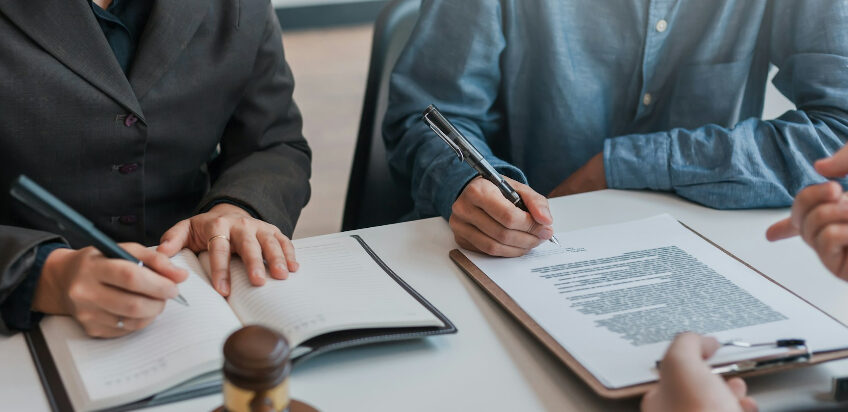Slip and fall accidents can happen suddenly and unexpectedly, causing serious injuries and financial hardships for victims. Whether it’s a slippery floor, uneven pavement, or inadequate lighting, property hazards can pose significant risks to visitors and guests. If you’ve been injured in a slip and fall accident in New Jersey due to someone else’s negligence, you may be entitled to compensation for your injuries and damages. In this blog post, we’ll explore the legal aspects of slip and fall cases in New Jersey and how a personal injury lawyer can help you seek justice and recover the compensation you deserve.
Understanding Slip and Fall Accidents
Slip and fall accidents are a common type of premises liability claim, where property owners or managers are held responsible for injuries that occur on their premises due to unsafe conditions. These accidents can happen in various settings, including:- Retail Stores: Slippery floors, cluttered aisles, and uneven surfaces can contribute to slip and fall accidents in retail stores, supermarkets, and shopping malls.
- Restaurants and Bars: Spilled drinks, wet floors, and poorly maintained staircases can create hazardous conditions for patrons in restaurants, bars, and nightlife establishments.
- Sidewalks and Parking Lots: Cracked pavement, potholes, and icy sidewalks can lead to slip and fall accidents in outdoor areas such as sidewalks, parking lots, and driveways.
- Residential Properties: Inadequate lighting, broken stairs, and loose handrails can pose risks to visitors and guests in residential properties, including private homes, apartments, and condominiums.
Proving Liability in Slip and Fall Cases
In slip and fall cases, proving liability requires establishing the following elements:- Duty of Care: Property owners or managers owe a duty of care to ensure that their premises are safe for visitors and guests. This duty includes identifying and addressing potential hazards to prevent injuries.
- Breach of Duty: If a property owner or manager fails to maintain safe conditions or address known hazards, they may be considered negligent and liable for any injuries that occur as a result of their negligence.
- Causation: It must be demonstrated that the property owner’s negligence directly caused the slip and fall accident and resulting injuries. This may involve showing that the hazardous condition was the proximate cause of the accident.
- Damages: Finally, the injured party must prove the damages they have suffered as a result of the slip and fall accident, including medical expenses, lost wages, pain and suffering, and other losses.
How a Personal Injury Lawyer Can Help
Navigating a slip and fall claim can be complex, especially when dealing with insurance companies and legal proceedings. Hiring a knowledgeable and experienced personal injury lawyer can significantly increase your chances of success and ensure that your rights are protected throughout the legal process. Here’s how a lawyer can help:- Investigation and Evidence Gathering: A lawyer will conduct a thorough investigation of the accident scene, gather evidence, and obtain witness statements to establish liability and strengthen your case.
- Legal Guidance and Representation: Your lawyer will provide expert legal guidance and representation, advising you on your rights and options, negotiating with insurance companies, and advocating for your interests in court if necessary.
- Documentation and Documentation: Your lawyer will help you gather and organize documentation related to your injuries and damages, including medical records, bills, receipts, and other relevant information to support your claim for compensation.
- Expert Testimony: If needed, your lawyer can enlist the help of medical experts, accident reconstruction specialists, and other professionals to provide expert testimony and strengthen your case.
- Negotiation and Settlement: Your lawyer will negotiate with insurance companies on your behalf to seek a fair and just settlement that fully compensates you for your injuries and losses, sparing you the stress and hassle of dealing with insurance adjusters.
- Litigation and Trial Representation: If a fair settlement cannot be reached, your lawyer will not hesitate to take your case to trial and represent you in court, presenting compelling evidence and arguments to secure the compensation you deserve.
